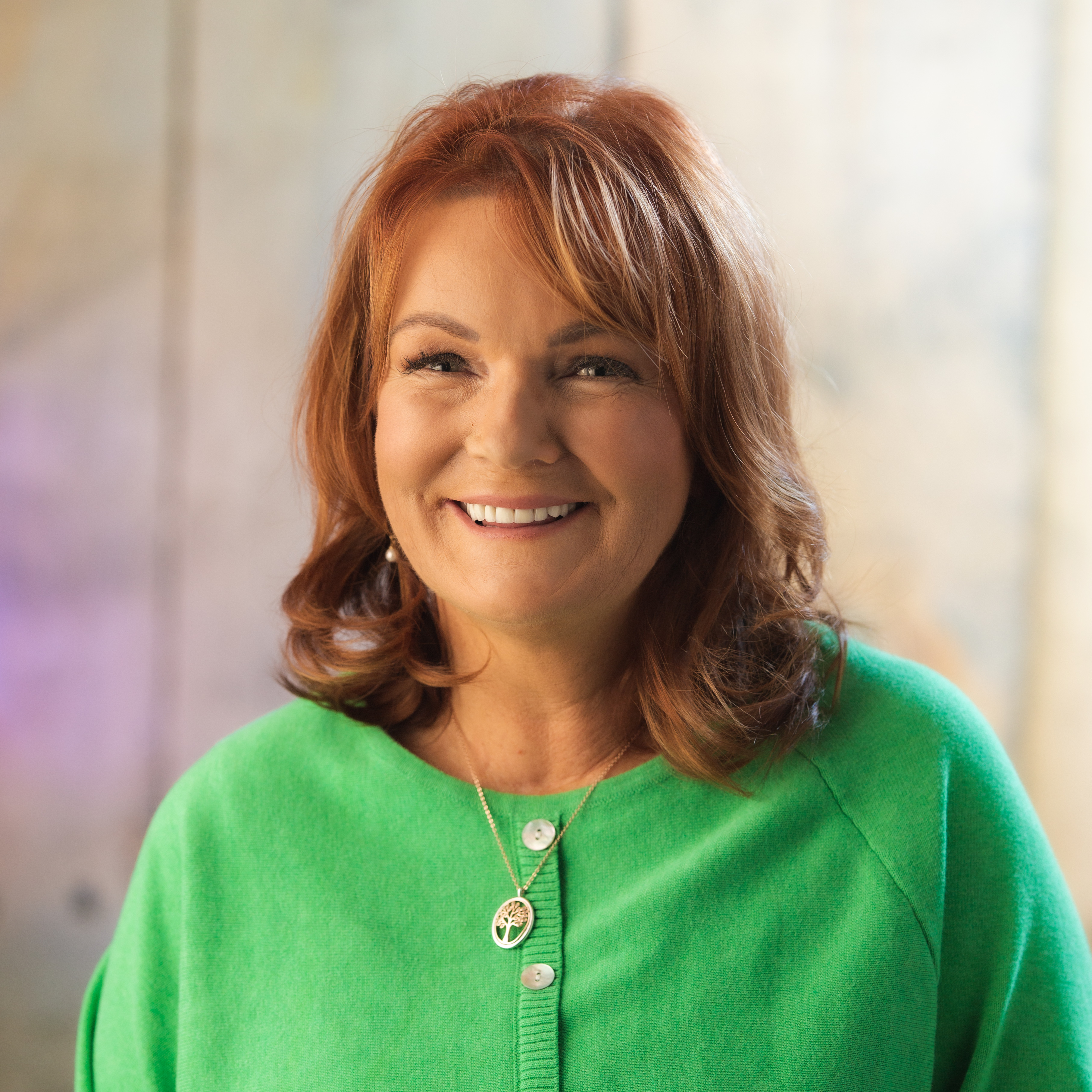

Why your grief is valid: 5 ways we experience loss
Our feelings of grief and loss can sometimes go unseen – even to ourselves. From suddenly feeling the impact of an event that took place years before, to grappling with retirement, Vhi Health Coach: Psychotherapist & Spiritual Director, Martina Breen shines a light on lesser-known types of grieving.
It’s been said that the Irish “do death well” and certainly our funeral traditions are geared towards helping us process the loss of a loved one. However, after that initial gathering of support, it can often become a case of ‘we won’t talk about it’. Many of us don’t want to upset the grieving person or, on the other hand, feel the responsibility to help “fix” them.
This can also mean we feel compelled to just “get on with things” after a loss. There are social pressures on us to appear “sane” or “normal” all the time. But when you’re gripped with grief, it doesn’t feel normal. Everything feels bigger; the disorientation, the sadness. It also comes in myriad forms.
Aside from more stereotypical grief (which itself involves an entire spectrum of emotion and numerous shifting stages), we can be massively impacted by a loss even if the world around us doesn’t seem to understand it. We may not even understand it ourselves. Grief happens not only on the death of a loved one; it can arise due to the loss of a pet, the loss of a friendship, a stage of life, even the loss of a job.
Nobody escapes grief in their lives, so let’s look at the various genuine ways we might experience grief, and it may help us better understand it.
1. Unattended grief
If something traumatic happens in our lives, our psyches have the capacity to park it, place it in a psychological room, close the door and turn the key. That is, until something else happens, maybe a simple little thing, then the door opens, and we’re flooded with emotion. Historic grief should not be dismissed, even if it is related to something that happened years before. It might have been suppressed because you didn’t have the capacity to deal with it at the time, or you weren’t properly supported. When grief or loss arises; it is calling to be honoured.
2. Disenfranchised grief
This is where your grief is hidden or not “seen”, either because you or society doesn’t class it as “appropriate” or it is grief that is unacknowledged or invalidated by social norms.
For example, when an ex-husband/ wife passes, the ex-partner may feel there’s no place for them at the funeral. Or the loss of a loved one who is not related, or the loss of a body part; there is no social norm to allow the grieving process.
Disenfranchised grief could also involve secret or extramarital relationships. An LGBTQ+ person could lose someone they deeply love but they may not have chosen to come out, so their grief remains hidden. You’re carrying it, but you’ve nowhere to put it. That can take an emotional, mental and even physical toll when we don’t get to deal with it appropriately.
3. Complicated grief
This can stem from something like disenfranchised grief, the loss of a friend or even witnessing an accident. It occurs when the person has an emotional response that feels out-of-kilter or disproportionate to the event. Indeed, while it comes with all the symptoms of grieving, it’s not just to do with the event in front of them. The ‘complication’ means that this form of grief is often linked to other losses, of which even they may be unaware.
It could be the death of a pet bird, where people are saying “get over it” to your seemingly inordinate response. But it’s really a case of that door flying open and pent-up emotions being released.
It’s important to note that, if at any time we shut down or don’t deal with pain, it isn’t that we failed to do something we should have. We did exactly what we needed to do at that particular point in time. Those protective behaviours are designed for survival. If something is too big for us, regardless of our age, we will creatively adjust and find a way to get through. It’s a natural instinct, so don’t be too hard on yourself.
When complicated grief arises, we should see it as an opportunity to feel. Acknowledge that you weren’t ready then but you feel stronger now and ready to process these difficult emotions. Talking to someone can kickstart that process in a constructive, caring manner.
4. Anticipatory grief
If a person you care about gets a significant diagnosis or you see their health deteriorate, a person can prematurely start feeling the loss of ‘what was’, or be grieving for a happier, imagined future. This can often affect family caregivers, who may feel confused or guilty when this grief arises. Whilst most people are familiar with the grief that occurs after a death; anticipatory grief is not often discussed.
Talking with your loved ones about end-of-life care can be invaluable when these situations arise. In life, not everyone gets to die of old age, so it’s important for us to be open to those conversations.
What would you like to happen? Do you want to die at home? Where would you like to be buried? Do you want to be kept on life support?
You might be thinking “I don’t want to talk about all that, it’s very morbid!”. However, it’s a huge part of what it is to be human. And it can help those around us process anticipatory grief.
When somebody is at the last stage of life, it can be tough to know what to do. One of the most loving, peaceful things you can do is to simply breathe with them, be present in the moment.
Even if someone is in a coma, you can just hold their hand. Hearing is the last of the senses to go, so tell them: “I’m going to breathe with you. I’ll squeeze your hand on every out-breath.” It will help you feel as if you are doing something useful for the loved one, when you’re feeling helpless and hopeless. It can be a comfort for the one who is grieving and the one who is passing, to know and feel your presence in their final moments.
5. Dealing with loss in general
As previously mentioned, grieving doesn’t necessarily have to be a matter of life or death. It could be that your marriage is gone, your job is gone, your childhood is gone. Something where there was a ‘whole’ and now there’s emptiness. All of these situations can leave us open to experiencing the various stages of grief. Even though they’re not linear, they are really important places for the psyche to visit. It is important to integrate what has happened and recognise that there is a change. Take retirement, for instance – how can you mark it? This is where ritual can come in. Take a moment. Plant a tree! Engage with the milestone rather than running away from it. Giving ourselves permission is so important. When we grieve properly, it can facilitate a transformative, healing moment. The hardship of the loss is processed and the narrative living within you changes. It becomes integrated as part of your story. In owning the loss, there can be a gain in terms of healing and new wisdom. That’s the opportunity of grief.
You don't need to experience grief alone. Our specialists are on hand to ensure Vhi members get the support they need. Learn more.
This content is for information purposes only and is not intended or implied to be a substitute for professional medical advice, diagnosis or treatment. Always seek advice from your GP or an appropriate medical professional if you have concerns about your health, or before commencing a new healthcare regime. If you believe that you are experiencing a medical emergency call 999 / 112 or seek emergency assistance immediately. For immediate support from trained volunteers, you can speak to Samaritans Ireland at any time, free-of-charge. Call their 24-hour helpline on 116 123 or click here for more information.

Martina Breen
Vhi Health Coach
M.A. MIAHIP SIAHIP MICP MNSHC Psychotherapist, Supervisor & Spiritual Director

